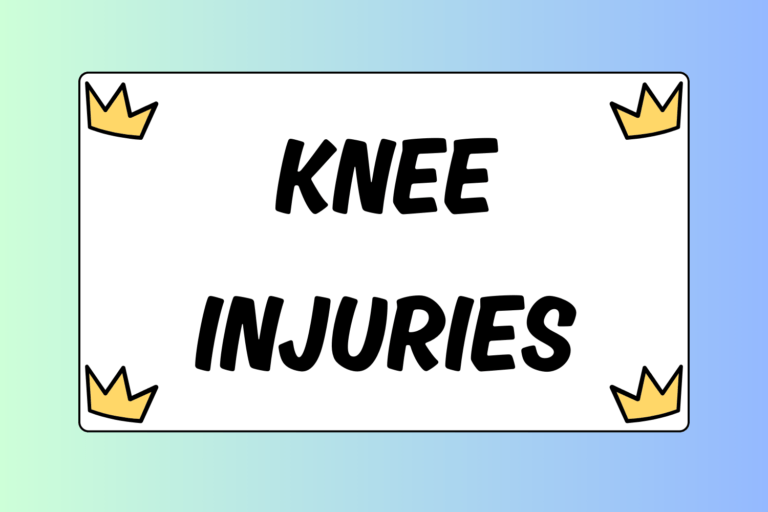The wrestling club is the cornerstone of wrestling around the world. Although scholastic programs are popular, the club system is the most prominent approach to teaching and developing young wrestlers. If you’re a coach, parent, or alumni wrestler looking to establish a wrestling club, keep reading to find out everything you need to know to get going.
Find a Facility
Finding a place to train will be the first step in establishing your club. Although your facility does not need to be “state of the art” for your wrestlers to be successful, there are certain things you need to keep in mind to make sure the place you choose fits the needs of your wrestlers.
School Facility
Most wrestling clubs are run out of school-affiliated facilities, like high schools. This is because there is typically a mat or mat room and other amenities — such as bathrooms, locker rooms, and water fountains — already in place. If you are a coach affiliated with a school program, using the facility and resources you already have available will be a huge advantage. Being school-affiliated will also encourage wrestlers from that school and others in the area to enroll in your club because of its convenience.
Renting a Facility
If you have the money, or can acquire some through donations, grants, or loans, renting or purchasing a facility are good options. Having your own facility is ideal if you are planning on having a large club team that is not school-affiliated. But remember, this is the most expensive option, so make sure you have a solid plan to start with. Here are a few things to consider when looking for a facility:
- Open space: It’s best to find a facility that has an open space with no pillars or obstructions. That way, you won’t have to purchase extra surface padding and there will be more room for your wrestlers to spread out and train. Remember, the average wrestling mat will be at least 38 square feet, so plan accordingly to figure out how many mats you’ll need to cover the space.
- Amenities: Make sure that your facility is not just an empty room with a mat. Bathrooms and water fountains are absolutely necessary. Furthermore, a locker room or other designated place for wrestlers to change is also beneficial to have. You want to make the space convenient and comfortable for your wrestlers, so try adding things that will make their attendance easier (vending machines, showers, etc.)
- Location: Try to find a facility that is conveniently located. If it is centrally located near major highways, your wrestlers will have an easier time travelling to it from out of town, or even out of state. Also, try to stay near larger schools with established wrestling programs to make it easier for the best wrestlers in your area to access your facility.
Manage the Finances
Establishing a wrestling club can be a tremendous financial undertaking. Each club’s situation is different, but you can still expect common expenses, such as facility costs, maintenance, and coaching salaries, among many others. Before you officially establish the club, you must first create a financial plan. List all of your expenses down to the very last detail. This should include everything it will take to keep your club running. This list will typically include the following:
- Overhead costs (the facility’s lease, utilities, maintenance, etc.)
- Club charter/membership fees
- Insurance costs
- Equipment
- Coaching stipends or salaries
- Coaches education/certification
- Travel expenses for competitions
- Uniforms
- Awards
Acquire the Funds
Next, you will need to figure out how to acquire the funds needed to run the club. This will depend on your club’s unique situation, but private and business donations, grants from the city or county, and even certain types of business loans can all be used to help get your club up and running.
Check out our guide on Fundraising in Wrestling for other ideas on how to reach your goal.
Hot Tip: Filing Your Taxes
How you acquire funds will affect the amount of taxes you have to pay, if at all. Depending on your club’s particular situation, you may be able to file as a non-profit organization or as being exempt. Speak to a representative from the organization you are affiliated with or a financial advisor for more information on how to file your taxes.
Get Certified
Before you can actually get on the mat and start working with your wrestlers, you will need to make sure you are legally able to do so having acquired the necessary certifications. Depending on where you are located and the organization you want to belong to, what you need will vary. Typically, though, you will need two things:
- Coach’s certification and/or membership
- Club charter/membership
The vast majority of coaches are affiliated with USA Wrestling. This is the organization that hosts all of the major freestyle and Greco-Roman competitions in the United States, including state, regional, and national events. Other common organizations that coaches are affiliated with are the National United Wrestling Association for Youth (NUWAY) and the Amateur Athletic Union (AAU), which mostly host folkstyle events.
You will typically need to become a certified coach before acquiring a charter or membership for your club. A coaching certification usually requires being educated and then tested. This process may vary depending on the level of certification you are looking to achieve and from what organization. Once you become certified, you can then apply for a club charter or membership to get your club off the ground.
The club charter or membership is essentially a contractual agreement between you and the organization, stating that you will abide by all of their rules and policies in regards to how you run your club. By abiding by these rules, you will also receive certain benefits, including, but not limited to:
- Attendance at sanctioned competitions and training events
- Educational material
- Promotional opportunities
- Discounted team merchandise
- Liability insurance
For more information on certifications, club charters, insurance, and more, check out the websites for three of the sport’s governing bodies, USA Wrestling, NUWAY, and AAU.
Gather a Coaching Staff
The cornerstone of your club will undoubtedly be the coaching staff. The right coaches will not only help build your wrestlers’ technical skills, but also their character.
Of course, every head coach wants to fill the coaching staff with recipients of national and international accolades, but this is not always possible due to the lack of funds and the availability of these types of coaches. Ultimately, you have to make do with the resources available to you, so here are a few pointers on how to go about acquiring coaches:
- Advertise: A good way to add some coaches to your staff is by advertising in a local paper, or even by posing the position on an online wrestling message board.
- Look locally: Talk to school coaches in your area and ask if they would like to join the staff, or at least stop in to help your wrestlers from time to time. Coaches affiliated with school teams often have a good foundation of wrestling knowledge and will make great additions to your staff.
- Regular clinicians: If you cannot find a group of experienced coaches to attend practice on a regular basis, another good way to give your wrestlers the opportunity to learn from talented individuals is by scheduling clinicians to come and teach certain skills. Do some research to see if there are any successful wrestlers available in your area, or check with your local college program.
- Allow volunteers: Your priority is to find coaches who want to spend their time coaching. This is why you should allow volunteers to help you run practices and perform routine club duties. Just make sure to screen all volunteers with background checks and fingerprinting.
Hot Tip: Parent Volunteers
Your wrestlers’ parents make the best volunteers. With a son or daughter on the team, parents will likely be willing to help out in whatever way possible to ensure that their child gets the most out of this experience. So don’t be afraid to ask for volunteers!
Continue to Grow
Establishing a wrestling club is a challenging thing to do. But if done correctly, it can be both exciting and rewarding. Once established, make sure you continue improving the club and your coaching staff. For more guides that will help you build the right environment for your wrestlers, check out iSport’s Related Guides section at the top right-hand side of the page. Good luck!





